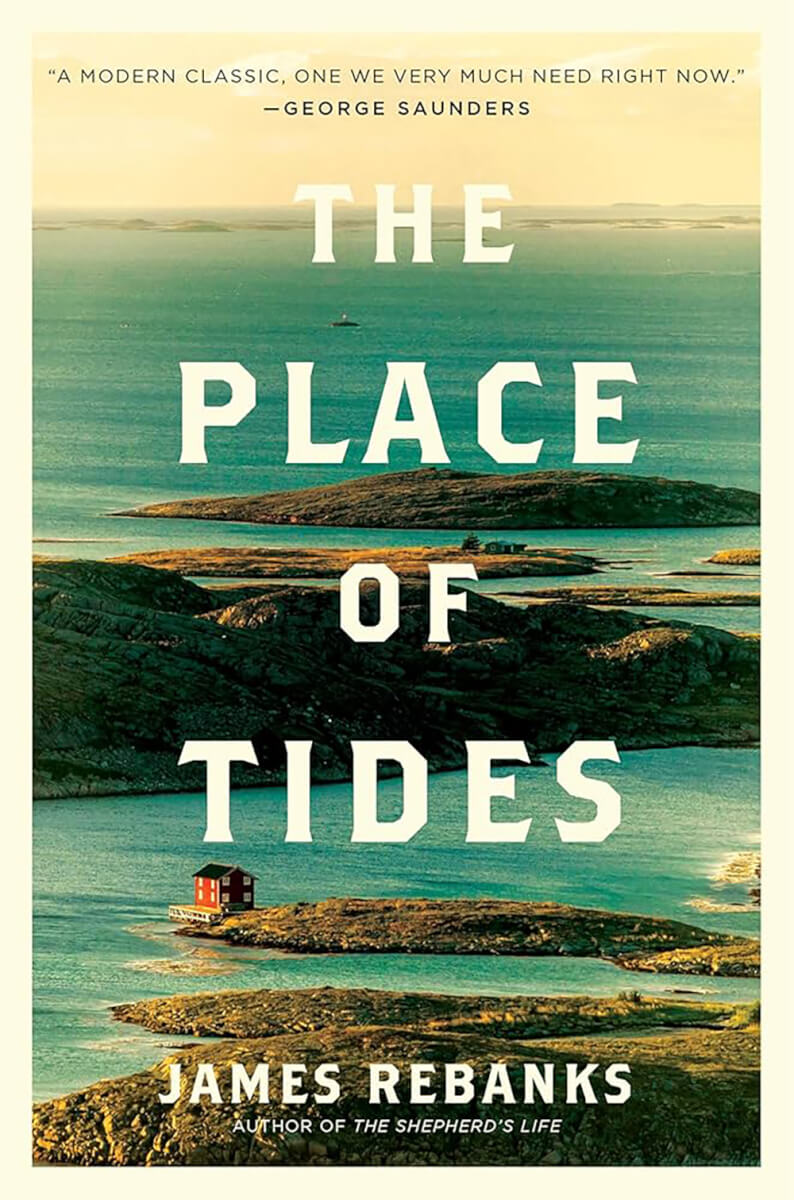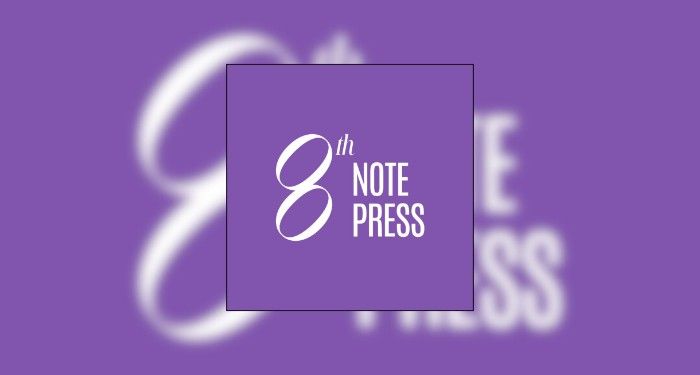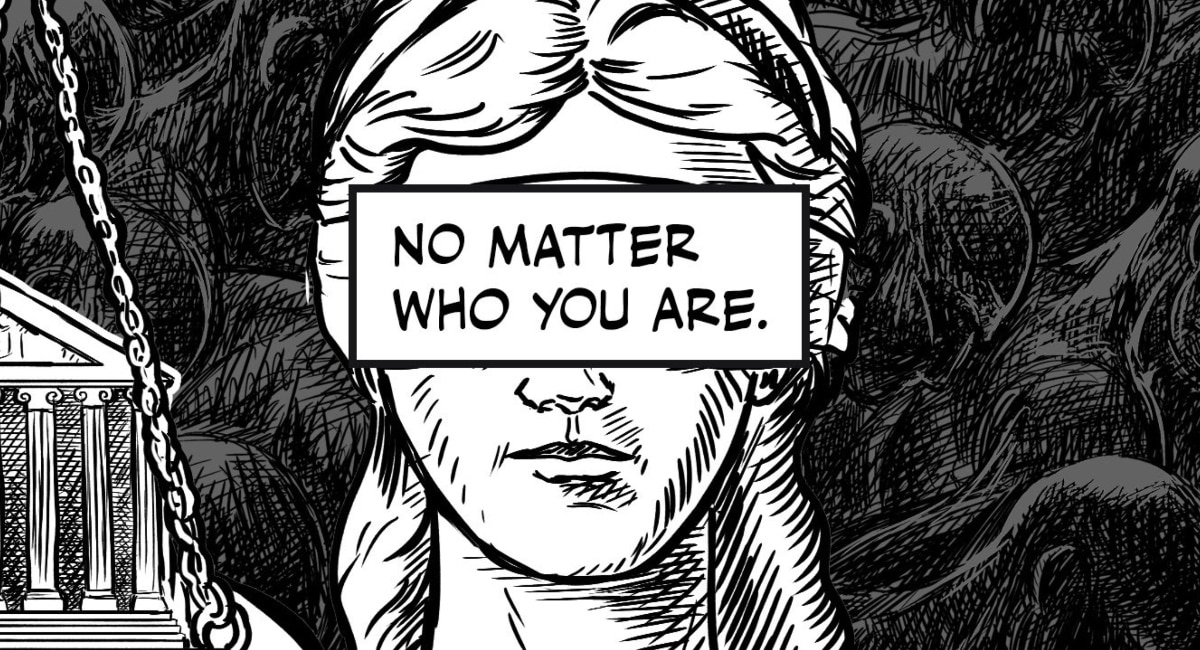Slice-of-life stories with characters trapped in listless lives are easy to come by, but the touch that makes Erica Peplin’s debut novel, Work Nights, stand out is that she never lets her story run on cynicism alone. There’s not just depth, but true yearning in Work Nights, not to mention Peplin’s knack for character, incisive wit and narrative economy, and that makes it a welcome story from an endearing new contemporary voice.
Jane is a single queer woman who spends her days working at “the Paper”—but not in one of the glamorous roles. No, in the halls of this New York City institution, Jane is instead forced to sell advertising, promoting products she doesn’t care about, using strategies that she cares about even less. Only two things keep Jane going: the bond she shares with her artist roommate, Laurel, and her affection for Madeline, an alluring intern at the Paper who, Jane reminds herself with crushing regularity, appears to be straight.
Undeterred, and against Laurel’s warnings, Jane pursues Madeline, becoming caught in the thrill of the chase even as she’s doing her best to remain at a remove from romantic pursuits. Meanwhile, Laurel keeps dragging Jane out to gay bars and encouraging her to date women more explicitly her speed. What happens next is an unexpected love triangle that could change Jane’s life in a matter of moments.
There are certainly familiar elements at work here, but Work Nights is set apart by the power of Peplin’s voice. Through Jane’s eyes, we see a world of 21st-century generational struggles—wealth inequality, the soul-draining effects of capitalism, the feeling that everything must be part of some hustle or another—filtered through humor and genuine heart. Jane’s not over everything, but neither is she earnest to the point of being cringeworthy. She’s just trying to get through the day, and Peplin approaches that perspective with wisdom and cutting insights to spare, finding countless ways to convey a world gone just mad enough for us to notice, but not mad enough to fall apart . . . yet. Through it all, there’s Jane’s yearning for something more, something that might transform her, if only for a night. Work Nights is not the next The Devil Wears Prada, but it doesn’t need to be. It’s a singular effort by a bright new voice in fiction, and that’s more than enough to keep the pages turning.


















